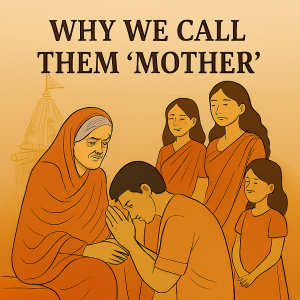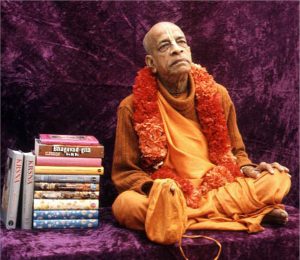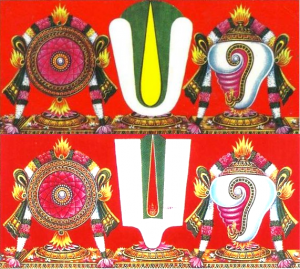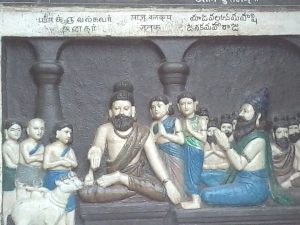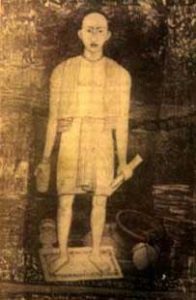Why We Call Them ‘Mother’
In Vedic culture, every woman—except one’s own wife—is to be addressed with reverence as “Mother.” This article explores scriptural mandates from Śruti, Smṛti, and Purāṇas, showing how terms like Mātā, Bhaginī, and Putrī reflect a mood of motherhood. Śrīla Prabhupāda upheld this etiquette, using “Mother” as a spiritual safeguard, while occasional linguistic adjustments were strategic, not normative. The article cautions against imitating the Mahā-bhāgavata and emphasizes adherence to Vedic grammar and Varṇāśrama principles to preserve Vaiṣṇava purity and protect spiritual dignity.
